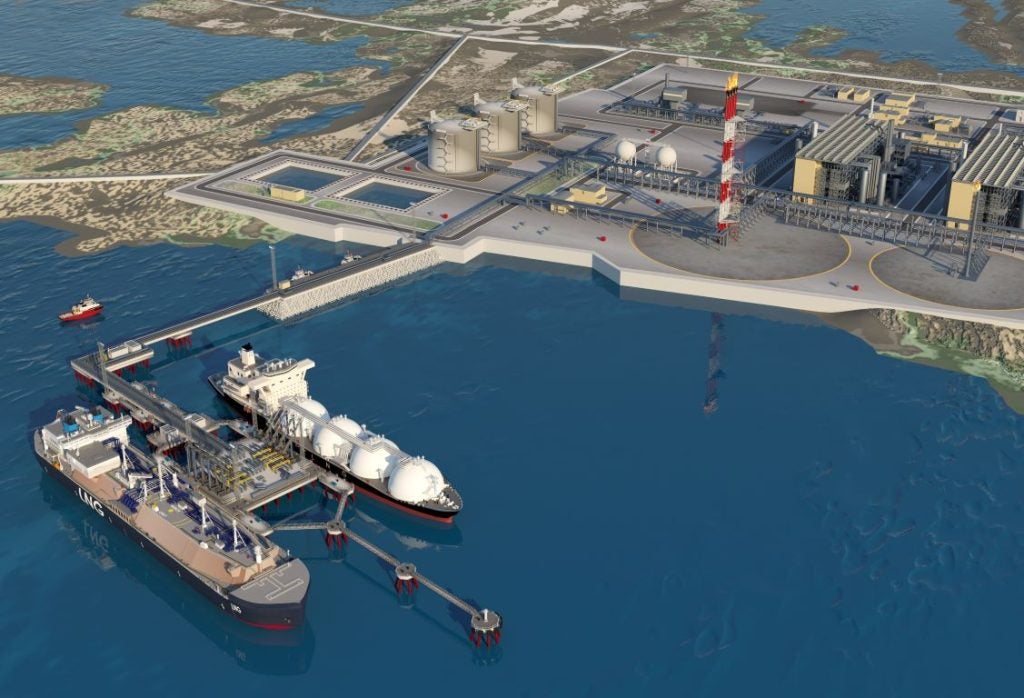The downturn in global oil prices has affected operational risk and process safety in hazardous industries, according to a survey by software company Petrotechnics.
In the first part of Petrotechnics’ 2018 Operational Risk and Process Safety Management Report, the focus was on the extent of the impact of low oil price and knock-on budgetary squeezes on safety performance.
More than 100 senior industry leaders from the hydrocarbons industry took part in the survey, with 72% agreeing there has been a moderate or significant impact from low oil prices on process safety risk.
The effects of the low oil price have been witnessed in terms of job cuts, loss of corporate memory, and cost-cutting measures.
Around 83% of respondents agreed that safety forms a key part of their corporate value structures, with strong support from the highest levels of management.
However, more than 50% answered that resource tension exists when the management is faced with choices between safety-related projects and other capital allocation.
How well do you really know your competitors?
Access the most comprehensive Company Profiles on the market, powered by GlobalData. Save hours of research. Gain competitive edge.

Thank you!
Your download email will arrive shortly
Not ready to buy yet? Download a free sample
We are confident about the unique quality of our Company Profiles. However, we want you to make the most beneficial decision for your business, so we offer a free sample that you can download by submitting the below form
By GlobalDataThe report indicated that the reduction in budget trickles down to impact operations, maintenance and safety performance.
Conflicting priorities were cited by 75% as a key reason for a shortfall in scheduled maintenance completion, while 72% stated that it was due to limited resources, and 40% blamed limited budget.
Petrotechnics professional services head Simon Jones said: “With less budget and staff available, firms are facing difficult decisions about which tasks to complete and when. The risk here is that maintenance and upkeep of essential safety systems may get lost in the budgetary squeeze, leaving firms vulnerable.
“While the majority of respondents agree safety is integral to their corporate values, there is clearly room for leadership teams to do more to empower decision-making throughout the organisation and enable better risk management. Following a very tumultuous period for the industry, this could do much to improve safety culture.”
There is a growing belief among industry leaders that the gulf between process safety intent and reality is widening.
The number of respondents in the survey who admitted that process safety intent widely varies from the actual implementation at the plant or asset increased from 70% last year to 86% this year.
Furthermore, it was revealed in the survey that only 38% are proactively managing process safety risk.
Respondents identified ‘developing safety culture’ (46%), training and competency (34%) and leadership support (30%) as the top three challenges of delivering effective process safety management.





